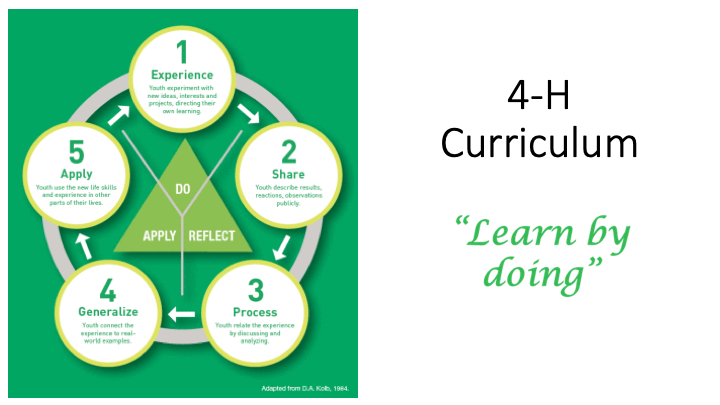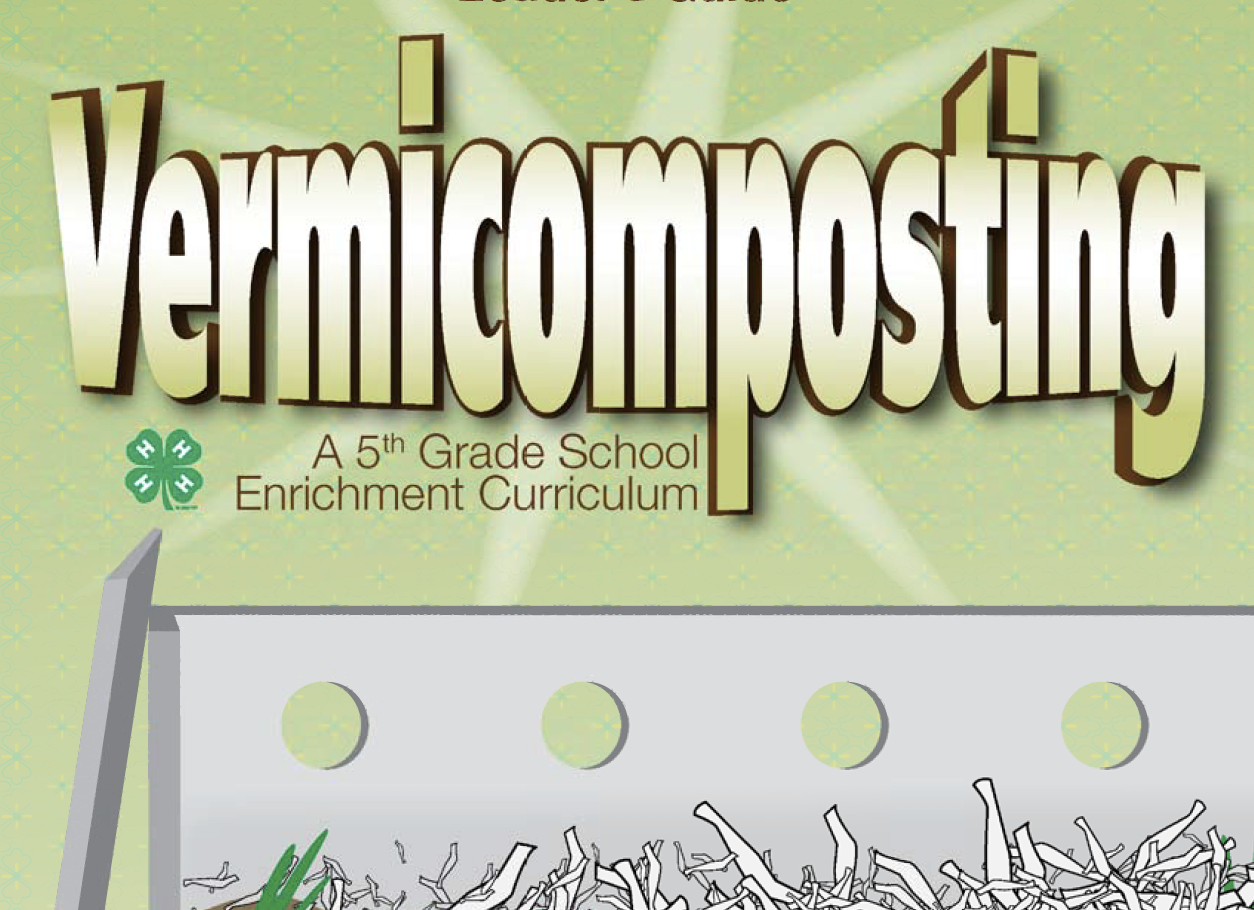Lee County 4-H Vermiculture Program
go.ncsu.edu/readext?719492
en Español / em Português
El inglés es el idioma de control de esta página. En la medida en que haya algún conflicto entre la traducción al inglés y la traducción, el inglés prevalece.
Al hacer clic en el enlace de traducción se activa un servicio de traducción gratuito para convertir la página al español. Al igual que con cualquier traducción por Internet, la conversión no es sensible al contexto y puede que no traduzca el texto en su significado original. NC State Extension no garantiza la exactitud del texto traducido. Por favor, tenga en cuenta que algunas aplicaciones y/o servicios pueden no funcionar como se espera cuando se traducen.
Português
Inglês é o idioma de controle desta página. Na medida que haja algum conflito entre o texto original em Inglês e a tradução, o Inglês prevalece.
Ao clicar no link de tradução, um serviço gratuito de tradução será ativado para converter a página para o Português. Como em qualquer tradução pela internet, a conversão não é sensivel ao contexto e pode não ocorrer a tradução para o significado orginal. O serviço de Extensão da Carolina do Norte (NC State Extension) não garante a exatidão do texto traduzido. Por favor, observe que algumas funções ou serviços podem não funcionar como esperado após a tradução.
English
English is the controlling language of this page. To the extent there is any conflict between the English text and the translation, English controls.
Clicking on the translation link activates a free translation service to convert the page to Spanish. As with any Internet translation, the conversion is not context-sensitive and may not translate the text to its original meaning. NC State Extension does not guarantee the accuracy of the translated text. Please note that some applications and/or services may not function as expected when translated.
Collapse ▲PROGRAM OVERVIEW
This was developed for in-person programming. With combined creativity we can support your classroom in this virtual world and as restrictions are ever changing, when you are back in the classroom.
The 4-H Vermicomposting program offers fifth-grade students an opportunity to explore a micro-community. This community contains producers, consumers, and
decomposers (as all communities do), and students are encouraged to reflect upon their learning as they achieve mastery of the concepts in producing this curriculum we have kept in mind that teachers are busy people. Therefore, each of the six lessons is tied to the Department of Public Instruction Standard Course of Study.
PROGRAM OBJECTIVES
- Increase student knowledge through hands on learning opportunities in areas of science and agriculture.
- Provide experiential learning so students will demonstrate skills and knowledge mastered from this experience.
- Introduce vermicomposting and increase awareness of recycling and composting
METHODOLOGY AND EVALUATION
All 4-H Curriculum employs the experiential learning model, encouraging self discovery, reflection, and application to other areas in life. Evaluations are important for impact reporting. There are evaluation questions after each lesson. Lee 4-H will assess the class’s experience with an evaluation we create and ask to be completed by the instructor.

TRAINING
There is no training needed to utilize this curriculum. However, there are specialist available through NC State Extension to assist you and your student’s educational goals.
STANDARDS
Competency Goal 1: The learner will conduct investigations to build an understanding of the interdependence of plants and animals. 1.01 Describe and compare several common ecosystems (communities of organisms and their interaction with the environment). 1.02 Identify and analyze the functions of organisms within the population of the ecosystem: Producers Consumers Decomposers. 1.03 Explain why an ecosystem can support a variety of organisms. 1.04 Discuss and determine the role of light, temperature, and soil composition in an ecosystem’s capacity to support life. 1.05 Determine the interaction of organisms within an ecosystem. Explain and evaluate some ways that humans affect ecosystems. Pollutants. 1.07 Determine how materials are recycled in nature.





